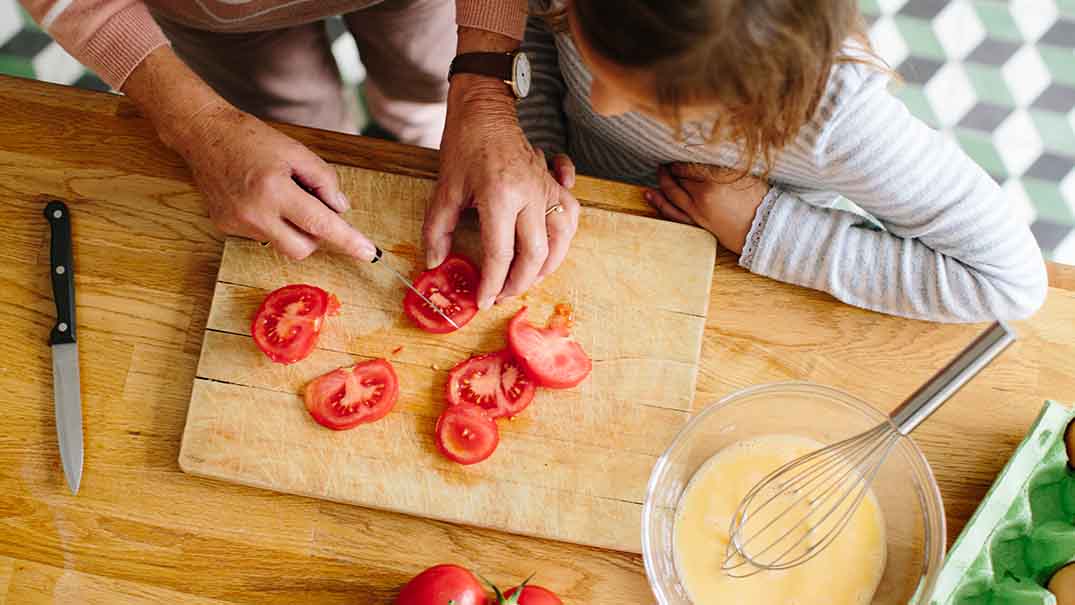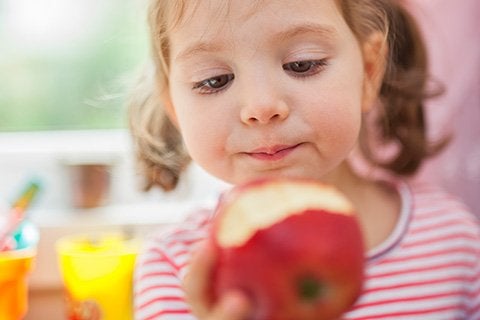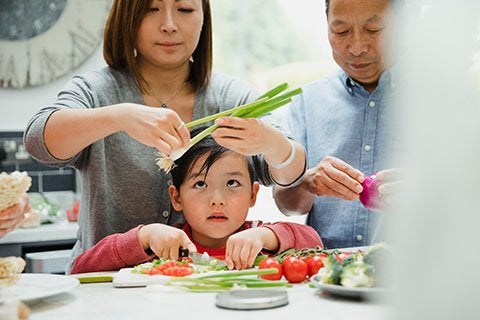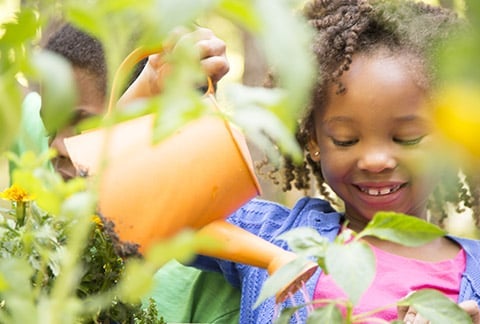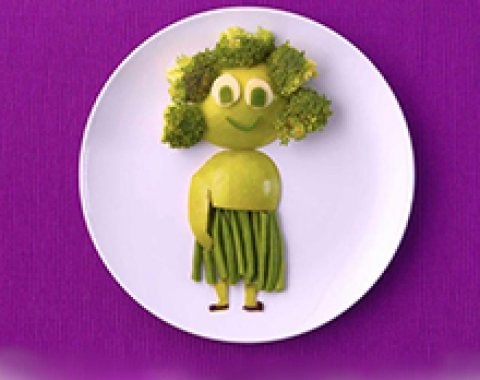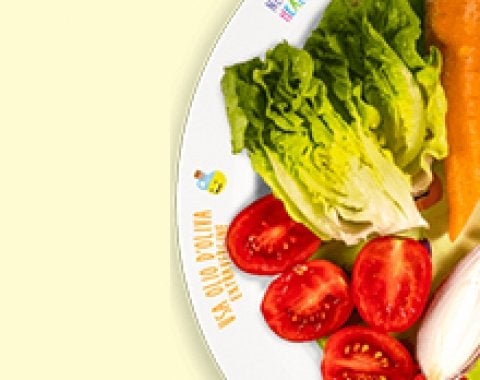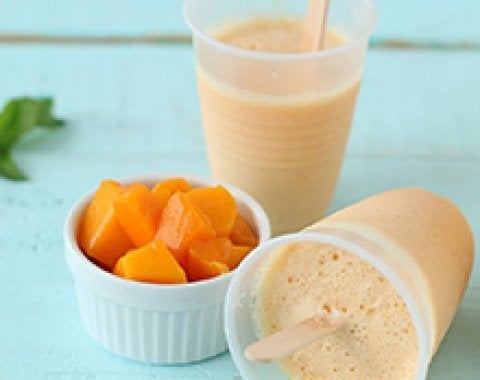Nestlé for Healthier Kids Launch with Nestlé CEO
Helping 50 million children lead healthier lives by 2030
Nutrition is key to ensure a child's healthy development. But as always, theory is one thing, practice is another. Encouraging kids to eat more veggies and fruits, ensuring their meals are as nutritious as possible and incorporating diversified protein sources – including plant-based options – can sometimes prove challenging for parents and caregivers.
Nestlé for Healthier Kids brings together all our efforts to support parents and caregivers on their journey to raise healthier kids. We are launching more nutritious foods and beverages worldwide to answer children’s nutritional needs, while providing nutrition education through school programs, as well as everyday tips and healthy recipes for parents. Our wider ambition is to help 50 million children lead healthier lives by 2030.
Getting children involved in the preparation of meals leads them to adopt healthier eating habits – in short, their diet quality is higher, with children more inclined to eat fruits and vegetables. That’s why we encourage and advocate for 'togetherness' — when parents and kids come together in the kitchen.
Why involving children in the food preparation is so good for them?
-
Diet quality is higher in children who help prepare meals at home
[1,2,3*] -
Children who help with meal preparation at home eat more fruits and vegetables
[4,5,6*] -
Children involved in meal preparation increase preference for vegetables
[7,8,9*]
*Sources
1. Overall diet quality was higher among Canadian fifth graders who helped prepare home meals at least once a week compared with those who never helped with meal preparation (Chu YL et al. J Nutr Educ Behav. 2014;46:304-8)
2. A cross-sectional study in Australia showed that boy (not girls) with the “healthful” dietary pattern were more involved in helping make meals than boys with an “energy-dense” eating pattern (Leech RM et al. Appetite. 2014;75:64-70)
3. Helping with cooking was positively associated with adhering to a healthy Mediterranean diet in 7th-9th graders in Portugal (Leal FM et al. Persp in Pub Health. 2011;131:283-7)
4. Canadian fifth graders who regularly helped prepare home meals ate 1.4 more servings of fruits and vegetables per day (combined) than children who never prepared meals (Chu YL et al. J Nutr Educ Behav. 2014;46:304-8)
5. Japanese children (10-11 years old) who helped with meal preparation were more likely to eat vegetables and fruits every day compared to those who did not participate in meal preparation (Nozue M et al. Nutr Res Pract. 2016; 10:359-63)
6. Involving young children (2-5y) in food preparation increased frequency of fruit and vegetable intakes (Shim JE et al. J Nutr Educ Behav. 2016;48:311-7)
7. Helping to cook meals regularly was associated with a 10% increase in preference for vegetables in 5th graders in Canada (Chu YL et al. Pub Health Nutr. 2013;16:108-12)
8. Increased involvement or extent of parental encouragement for children to help with food preparation was positively associated with preferences for vegetables in 3-7 year old children (Vollmer RL and Baietto J. Appetite. 2017;113:134-40)
9. Preschoolers were more willing to eat vegetables when the child helped prepare recipes with vegetables (Ugalde M et al. JMIR Serius Games. 2017;5:e20)

